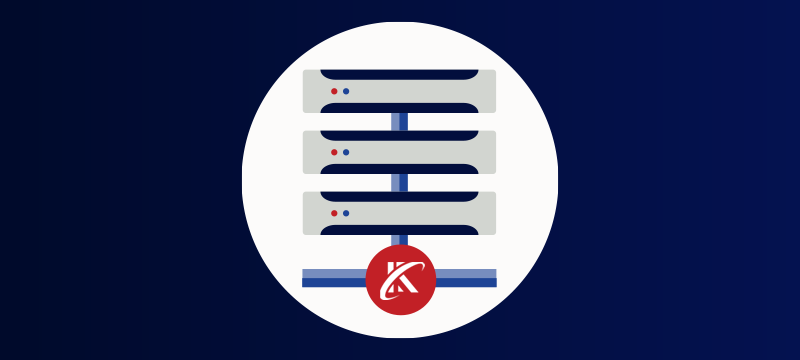For small websites with limited traffic, shared hosting is often the most appropriate and cost-effective solution. However, there are often clear signals that you need to upgrade to a more advanced form of hosting. In this post, we’ll look at what they are and explain why VPS is the best solution going forward.
- You are getting a lot more visitors
While shared hosting can easily handle small numbers of concurrent visitors, when you have lots of people visiting at the same time, your site might struggle to perform at the speed it should. That’s because your server will have to keep sending and receiving data every time a visitor loads a new page or carries out an action. When lots of them do this at the same time, the shared server might not have enough free resources (e.g., CPU and RAM) to cope. As a result, your site will perform slowly, and this can result in users abandoning the site. In the worst-case scenario, your site could even crash. It doesn’t help that with shared hosting the server’s resources are shared by all the other websites on the server – so if one of them is busy, it can affect your site’s performance too.If you find you have a growing audience or that your site speed is slow, then a VPS provides far more resources, enabling your site to handle far more traffic at speed.
- You get regular internal server errors
Internal server errors are usually caused when your website maxes out its resource allocation – in other words, you’ve used up all your bandwidth. Not all web hosts put limits on bandwidth, but when they do and you get an internal error, it means your site will go offline until your next monthly billing cycle begins or until you upgrade your hosting plan.VPS overcomes these problems, providing far more resources to meet your needs, and at Webhosting UK, VPS comes with an unlimited bandwidth allowance, so your site will never go offline, no matter how many visitors you have each billing cycle.
- You need to improve security
With hundreds, perhaps even thousands of websites on a single shared server, there’s always the potential that one could become the victim of a cyberattack and that this could impact the security of other sites on the server, for instance through malware infection. It doesn’t help that many shared hosting customers are small businesses with limited security expertise and often leave their sites vulnerable to attack – perhaps not updating software or not enforcing strong passwords.If you have shared hosting and collect and store personal data, then that data is more at risk than it would be on a VPS, which is an isolated virtual server with its own operating system. As a result, not only is data more secure; your VPS also helps you comply with regulations like GDPR.
- Your website regularly goes offline
Unless you check your logs, you might not even know whether your site goes offline regularly or not. However, if you discover it does, it’s likely because you are using shared hosting. If you have busy neighbours on your shared server, they could be using up so many resources that it stops your site from being online. Of course, all shared servers go offline at some point as the host will need to reboot them after updating the operating system or installing security patches.As VPS accounts are isolated from each other, you cannot be affected by downtime caused by other users. What’s more, as the servers are virtual, you won’t be taken offline if there is a hardware problem, your virtual server will simply be moved to a different physical machine. As a result, you’ll get guaranteed uptimes of 99.9% and better.
- You need root access to your server
If you want to run your business your way, you need to be able to configure the server so that it works optimally for your needs. For this, you’ll need root access. On shared hosting, where lots of different account holders make use of the same server, root access is impossible to offer. The server has to be configured for general use by all account holders and this means that no individual user can change the configuration just for their own needs.With VPS, you have your own virtual server and as what you do with it won’t affect any other user, root access is permitted. This means you can configure your server exactly as you require.
- You run an online store
While it is possible to run an online store on shared hosting, it puts limitations on you in several ways. Firstly, you may find it difficult to cope with busy trading periods, such as Black Friday, Cyber Monday and the run-up to Christmas, simply because your server may lack the resources. What’s more, you may also be limited in the payment options you can offer to your customers. While options that take customers to a third-party site (e.g., PayPal) will still work, you might find it difficult to take payments directly on your site. If you want to collect, process and store customers’ payment details, you will need to be PCI compliant, but many payment gateways do not consider shared hosting to comply with PCI and won’t accept you.With VPS hosting giving you isolation from other users, you have more chance of being PCI compliant and offering a wider range of payment options for your customers.
Conclusion
Offering all the power and performance of a mini dedicated server for a fraction of the price, VPS is the go-to solution for shared hosting websites that need to find a more advanced hosting solution. Hopefully, by reading the points above, you will better understand whether the time is right for you to upgrade to VPS hosting, and you will see the benefits of doing so.
For more information visit our Linux VPS or Windows VPS pages.

